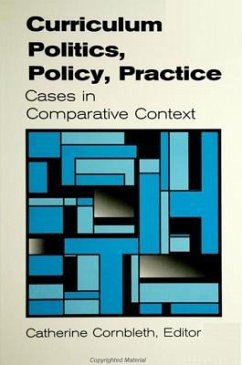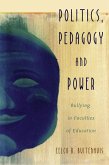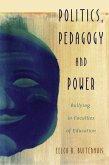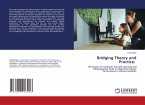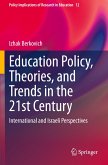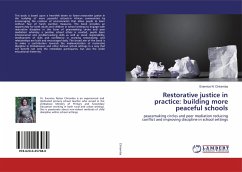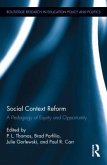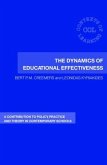Studies the intersections of curriculum politics and policy-making throughout the world. Offering a range of studies on the intersections of curriculum politics, policy, and/or practice, this book addresses the following questions: Who decides what is taught in K-12 schools? On what basis? What actually happens in classroom practice? What do students have opportunities to learn? Who benefits from these decisions and practices? It includes case studies that span school levels, subject areas, and national boundaries, thus enriching the possibilities for cross-case analysis, interpretation, and insight. Curriculum dynamics are revealed in cases ranging from the macro-as in the case from South Africa-to the micro-as in the case of U.S. special education placement. Instances of curriculum politics, policy, and/or practice are brought to life and situated in their contemporary and historical contexts with particular attention to questions of knowledge control and distribution of benefits. Included is this uniquely comparative text are several American case studies, including a discussion of implications of "science for all," the politics and consequences of placing a significantly disabled student in a separate classroom after several years of inclusion, trying to embrace multicultural literature without dealing with racism close to home, and history-social studies curriculum policy intended as cultural containment. Also examined are the business-education culture clash in creating meaningful technology education in Canada, the politics of mandating "religious knowledge" curricula in Singapore, white South African students negotiating divergent stories of their country's past and present while trying to make sense of their own roles and future, and critical analysis of British educational discourses of social justice and their impact in the 1940s and 1990s. Contributors include Angela Calabrese-Brown, Nadine Dolby, Vivian Forssman, Diana Lawrence-Brown, Suzanne Miller, Margery Osborne, Jason Tan, Gina DeBlase Trzyna, Gaby Weiner, and John Willinsky.
Bitte wählen Sie Ihr Anliegen aus.
Rechnungen
Retourenschein anfordern
Bestellstatus
Storno

